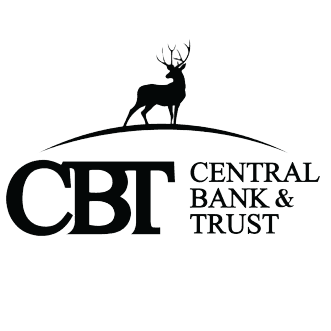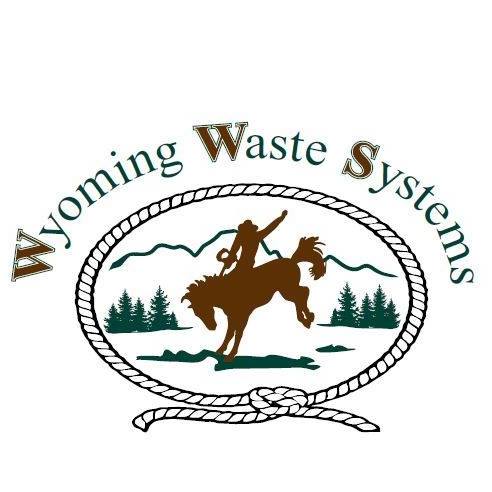Smith Ruling Appealed
On February 5, the DOJ filed a notice of appeal of a District Court’s ruling in Smith v Treasury, the case that led FinCEN last month to once again pause data collection under the CTA. However, the government also asked the appellate court to stay the nationwide injunction against the CTA’s reporting requirements pending a ruling in the case, meaning the current pause could be undone by the courts at any point.

Main Street businesses had hoped that the new Trump administration would not appeal the Smith ruling and instead allow its injunction to remain in place, but that unfortunately is not how things played out. Whether the Supreme Court weighs in – as it did in the Texas Top Cop Shop case last month after the DOJ filed an emergency petition with the high court – will depend on how the DOJ handles things from here.
FinCEN Promises 30-Day Grace Period and Unspecified Relief
Shortly after the Smith appeal was filed, FinCEN posted the following announcement on its website:
On February 5, 2025, the Department of Justice—on behalf of the Department of the Treasury (Treasury)—filed a notice of appeal of the district court’s order and, in parallel, has sought to stay that order as the appeal proceeds.
If the district court’s order is stayed, thereby allowing FinCEN’s Reporting Rule to come back into effect, FinCEN intends to extend the reporting deadline for all reporting companies 30 days from the date the stay is granted. Further, in keeping with Treasury’s commitment to reducing regulatory burden on businesses, FinCEN, during that 30-day period, will assess its options to modify further deadlines or reporting requirements for lower-risk entities, including many U.S. small businesses, while prioritizing reporting for those entities that pose the most significant national security risks. [Emphasis added.]
The good news is that if the courts reinstate CTA filing, FinCEN will grant entities a 30-day grace period to do so. It’s also encouraging to see that Treasury is considering putting in place a risk-based protocol for enforcement, something we’ve advocated for since Day 1.
The bad news is that the announcement still leaves much up in the air. As we pointed out in our trade association letter last week, Treasury has the authority to unilaterally delay the 1/1/25 filing deadline to the end of this year. We hope that, regardless of what happens in the courts, regulators will take that action and provide Main Street with much needed certainty.
Delay Bill Sails Through House
On the 10th of February the U.S. House voted unanimously to advance the Protect Small Businesses from Excessive Paperwork Act of 2025 (H.R. 736), legislation that seeks to delay the CTA’s filing deadline for existing entities (those created prior to 2024). The strong show of support is a clear indication that there is bipartisan interest in at least delaying the CTA, and that affected businesses are calling their elected officials to spread the word. The bill now heads to the Senate.
Court Recap
While their Texas case remains pending, our friends at the National Federation of Independent Business recent filed an amicus brief with the Fourth Circuit in the case of Community Associations Institute v Treasury. Here’s the key passage from their press release:
NFIB’s brief argues three main points: 1) the CTA does not regulate activity and cannot pass muster under the Commerce Clause, 2) to pass the substantial effects test under the Commerce Clause, Congress must be regulating economic activity, which is the introduction, production, or exchange of goods or services, and 3) because the Act regulates noneconomic activity, it fails the Commerce Clause’s substantial effects test.
The case brought forth by CAI, which represents thousands of homeowners associations across the country, is yet another reminder of the CTA’s staggering overreach – as everyone knows, HOAs are not engaged in commerce.
Meanwhile, we continue to eagerly await the Eleventh Circuit ruling in NSBA et al v. Yellen and the initial ruling out of Michigan, where the judge has made some very pointed remarks about the validity of the CTA. All told, there are (by our count) eleven cases in various courts across the country challenging the validity of the CTA. Here are the links:
- Alabama (appealed): NSBA et al v. Yellen (11/15/2022)
- Ohio: Robert J. Gargasz Co., L.P.A. et al v. Yellen (12/29/2023)
- Michigan: Small Business Association of Michigan et al v. Yellen (3/1/2024)
- Maine: William Boyle v. Yellen (3/15/2024)
- Texas: NFIB et al v Yellen (5/28/2024)
- Massachusetts: BECMA et al v Yellen (5/29/2024)
- Oregon: Firestone v Yellen (6/27/2024)
- Utah: Taylor v Yellen (7/29/2024)
- Virginia: Community Associations Institute v. Janet Yellen (9/10/2024)
- Texas: Samantha Smith and Robert Means v. Treasury (9/12/2024)
- Texas: Association of American Physicians & Surgeons et al v Yellen (10/28/2024)
—
The Lander Chamber of Commerce subscribes to S-Corp’s “Washington Wire” and occasionally shares news items with Lander Chamber members.




















